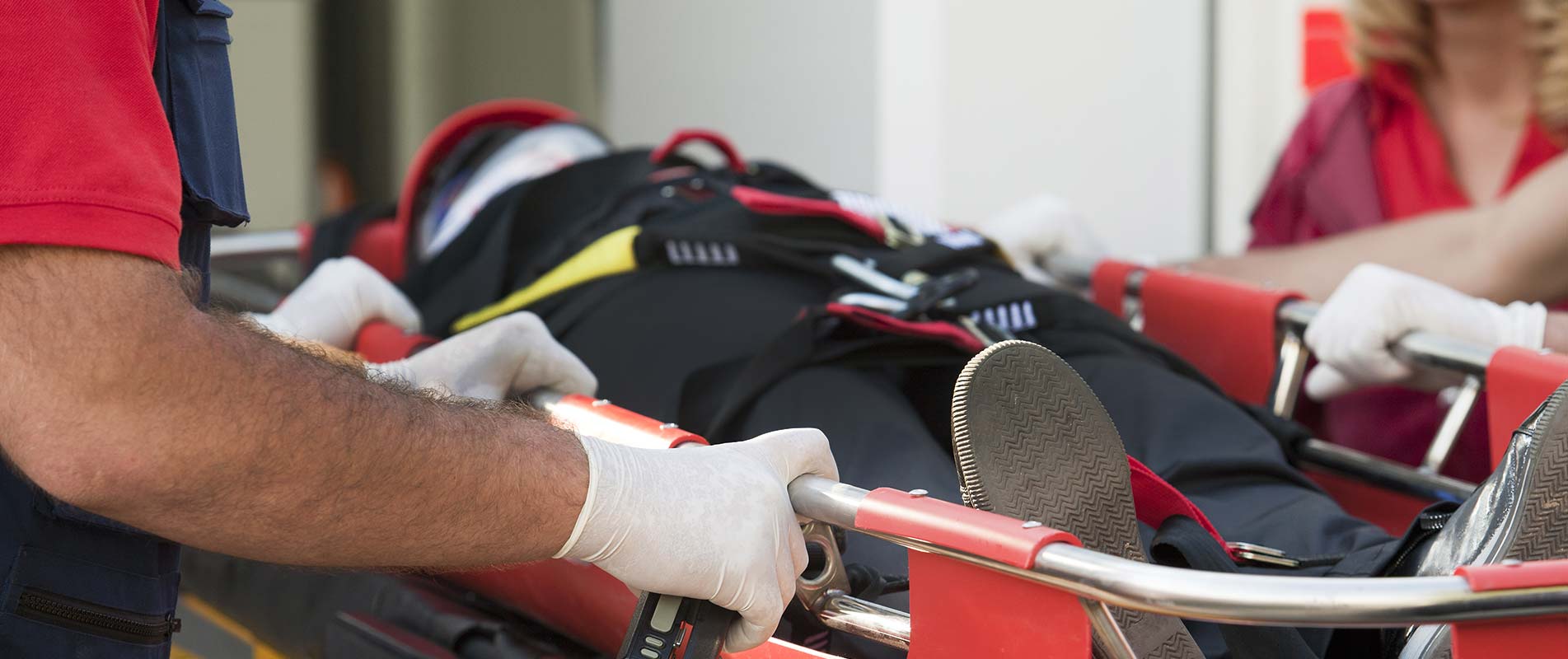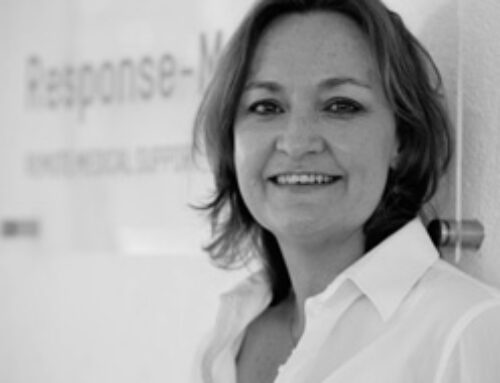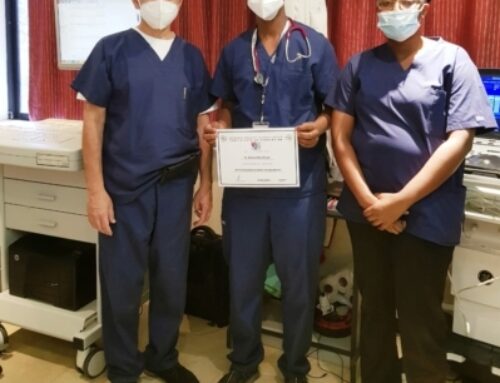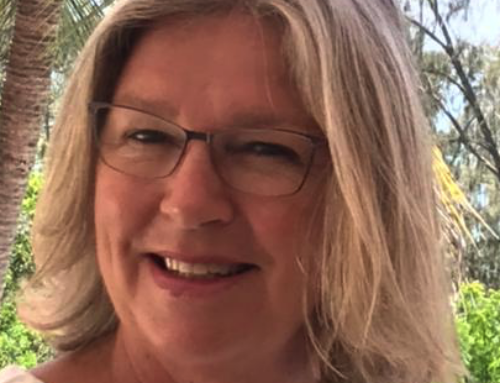Why are we still talking about Tuberculosis?
It has been 140 years since Dr. Robert Koch announced his discovery of the bacterium that causes Tuberculosis (TB). Every year, we mark this day as World TB Day, as his discovery allowed scientists to find a way to diagnose, treat and cure this fatal disease.
140 years on, with vaccines and a cure available, it is incredible that we still need to raise awareness about this disease. Yet TB remains one of the world’s most deadly infections and each day, more than 4,000 people lose their lives to this illness. Even though more than 66-million lives have been saved through global TB programmes since 2000, there has been a marked increase in deaths since the COVID-19 pandemic began in 2020. In fact, in our remote sites, Response-Med has been treating Tuberculosis patients again, a very concerning development.
Many African countries fall into the WHO’s high TB burden list of 2021, and there has been some progress made with countries such as Zimbabwe, Kenya and Ethiopia transitioning out of this list while remaining on high alert. The financial burden however remains particularly high in Africa, where most populations are considered low income. According to WHO, TB affected households face costs that are higher than 20% of their household income, this leads to treatment not being accessed and further economic issues.
Funding for TB programmes in low- and middle-income countries falls far short of what is needed to end the TB epidemic. In fact, in 2020 alone, funding stood at 41% of the global target. While no data is currently available for 2021, we believe that with most donor funds being redirected to COVID-19 pandemic relief measures and programmes, that this number could be even lower. The theme of World TB Day 2022 is “Invest to end TB”, and this message has now become a matter of urgency.
Ending the tuberculosis epidemic by 2030 is one of the health targets of the United Nations Sustainable Development Goals (SDGs) and with only 8 years to go, and focused intervention and resources are now required for this to be achieved and to save millions more lives.
Response-Med is committed to being a part of the solution by working with our partners across the region to educate, immunize and treat those who are infected and affected by tuberculosis. We applaud and appreciate all of the medics, donors and governments that are working tirelessly to end TB and we stand with the WHO and the UN in their call for more to be done to end this disease and the unnecessary loss of life on our continent. We would like to be part of a world where Tuberculosis is no longer a critical discussion.





